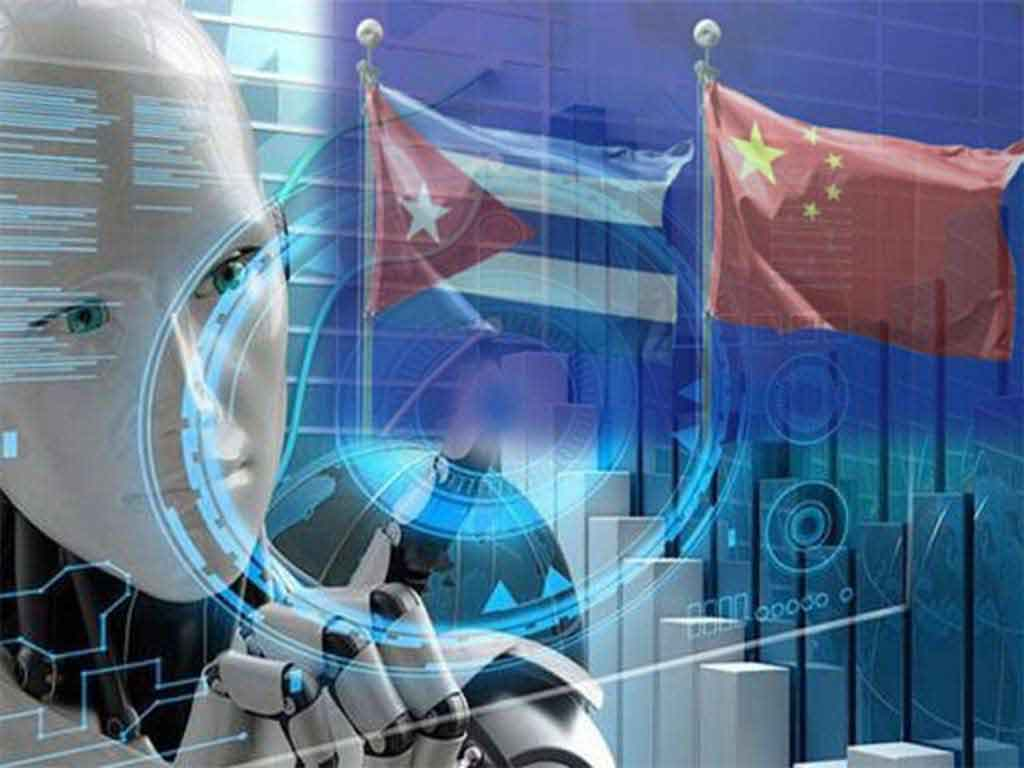Cuba and China today strengthen cooperation in research and communication to face the challenges imposed by artificial intelligence (AI) in the education sector.
In statements to the Cuban press, Maday Alonso del Rivero, vice rector of Research and Graduate Studies at the University of Havana (UH), commented that these exchanges take place in the context of the celebrations for the 70th anniversary of the Beijing University of Communications.
According to Alonso, Artificial Intelligence poses a challenge for teachers as it provides students with powerful tools. However, without denying development, it is necessary to offer students the elements to make ethical and correct use of artificial intelligence.
For his part, the dean of the UH Faculty of Communications, Ariel Terrero, highlighted the achievements of the Beijing University of Communications in this field.
In this sense, Terrero said the faculty is interested in knowing what China does regarding political communication and AI in relation to education and communication, as a benchmark of self-sufficiency and independence in innovation and technology.
He advocated for greater articulation of the academy at a global level to jointly study this field, full of paradoxes and conflicts.
He highlighted that AI opens enormous opportunities for the development of health, education, industry, communication, and other areas, but at the same time amplifies or reproduces many ideological biases that are present in the routes of information. In his opinion, these are the same challenges of audience manipulation and communication imbalances, but now with a tool that raises them more efficiently.
The dean of the Faculty of Communications noted, however, that it could an opportunity for the North to look differently at the Global South, if the latter appropriates these technologies and makes effective use of them.


